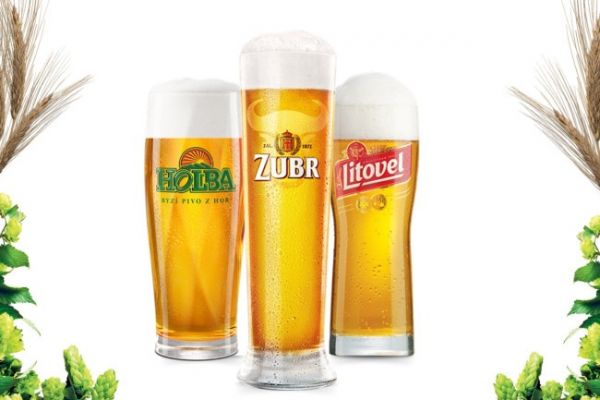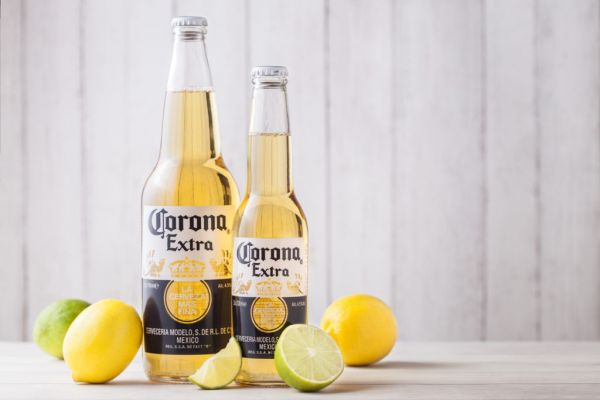For all of its potential advantages, Anheuser-Busch InBev NV’s proposed acquisition of SABMiller Plc may not solve one of the megabrewers’ biggest problems: craft beer.
While SABMiller has so far snubbed offers from its larger rival, a proposed union of the world’s two biggest beermakers could create a behemoth with significant operations on every continent, allowing it to ride out slowing sales in any one market. Yet the company would remain vulnerable to competition from the tiny brewers that are winning over drinkers and contributing to that slowdown, at least in the U.S.
Craft brewers, known for serving up flavourful offerings like hoppy IPAs and barrel-aged stouts, held about 19 percent of retail consumer beer sales in 2014, according to data from the Brewers Association. That’s up from about 16 percent in 2013. By contrast, overall beer volume fell 1 percent in 2014, and the loss came mostly from macrobrewers, heavily reliant on milder, light lagers. An AB InBev-SABMiller tie-up doesn’t offer a path to reverse that trend and may make it even worse, said Paul Gatza, director of the Brewers Association, a trade group for independent, craft brewers.
“There’s a perception that larger standard lagers are just part of the global finance game and craft brewers are the ones who actually have a connection to customers,” he said. “This deal makes us look more authentic. The larger breweries may have more muscle with retail and ad dollars, but consumers are still switching to craft.”
AB InBev and SABMiller have felt the pinch of that switch. MillerCoors, the U.S. joint venture between SABMiller and Molson Coors Brewing Co., says its volume has declined by almost 10 million barrels since its inception seven years ago. The company said last month that it’s closing its brewery in Eden, North Carolina, partly because of the volume lost due to “economic challenges, an explosion of choice and fragmentation within the beer business, and a dramatic change in the way consumers engage with brands."
News by Bloomberg, edited by ESM. To subscribe to ESM: The European Supermarket Magazine, click here.














